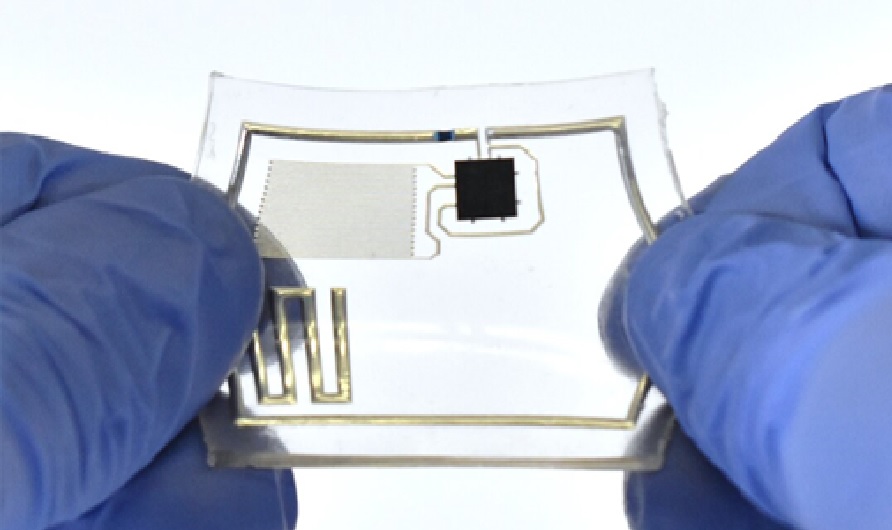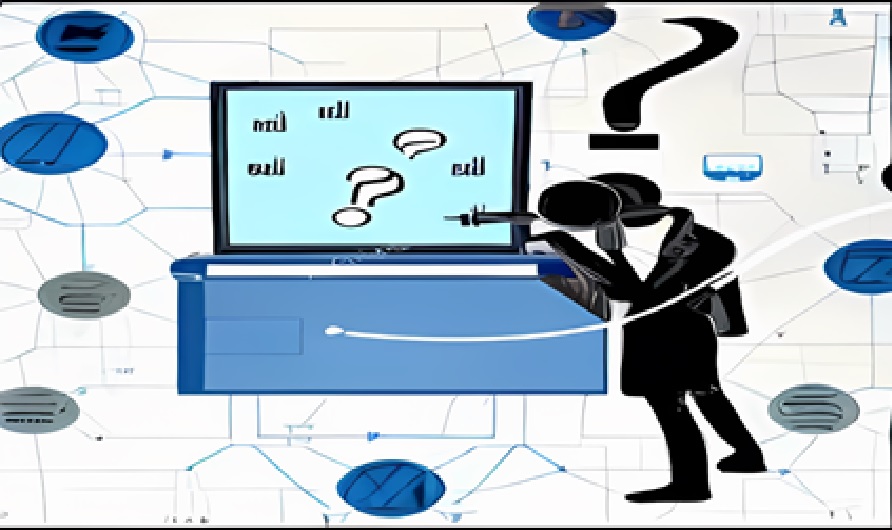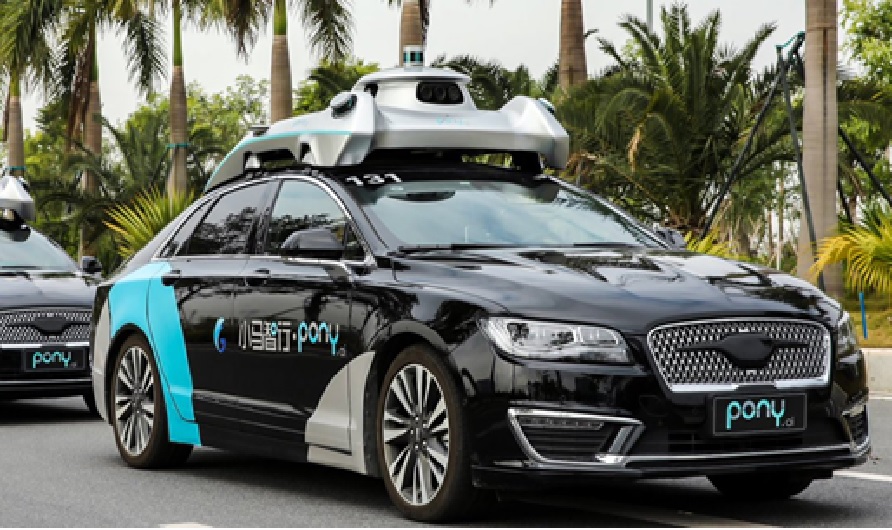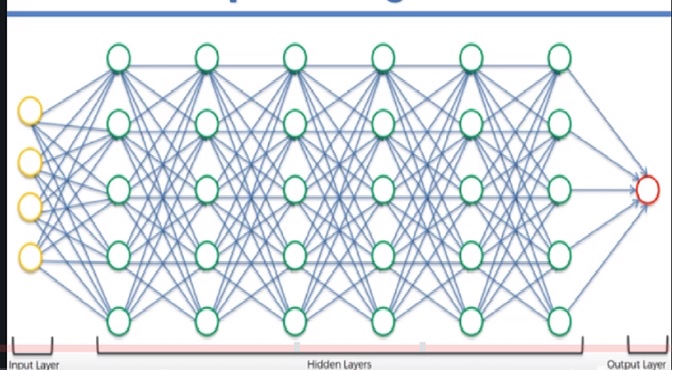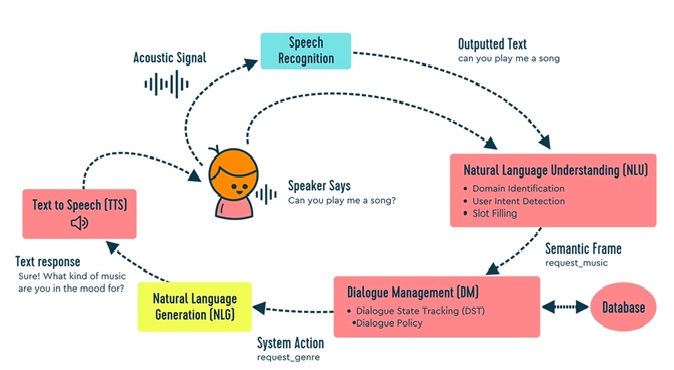Cognitive Computing
Cognitive computing is a type of artificial intelligence that aims to simulate human thought processes, such as reasoning, learning, and problem-solving. It involves the use of advanced algorithms, natural language processing, and machine learning techniques to enable computers to process and analyze complex data, make decisions, and interact with humans in a more natural way.
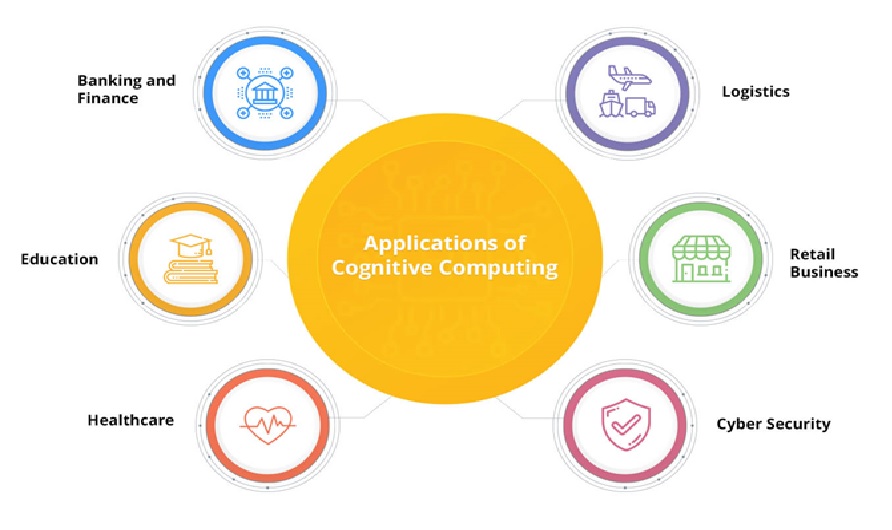
Figure 1. Applications of Cognitive Computing
Figure 1 shows the applications of cognitive computing. Cognitive Computing is used in almost every field, we will discuss a few of them here:
Retail Industry
Cognitive Computing in the Retail industry has very interesting applications. It helps the marketing team to collect more data and then analyse to make retailers more efficient and adaptive. These help companies to make more sales and provide personalized suggestions to the customers. E-commerce sites have integrated cognitive computing very well, they collect some basic information from the customers about the basic details of the product they are looking for and then analyse the large available data and recommend the products to the customer. Cognitive computing has brought numerous advancements to the industry. Through demand forecasting, price optimization, and website design, cognitive computing has provided retailers with the tools to build more agile businesses. [1]
Logistics
Cognitive computing system helps in compiling storage code, automating picking with an automated guided vehicle, and using warehouse robots to improve work efficiency. It will help with inventory optimization, warehouse infrastructure management, and warehouse operations. [2]
Banking and Finance
Cognition in the banking industry will help to improve operational efficiency, customer engagement, and experience and grow revenues. Cognitive banking will completely reshape the banking and financial institutions on three dimensions: Deeper contextual engagement, new analytics insights, and Enterprise transformation. We are already experiencing examples of such transformation for tasks like performing various banking transactions digitally, opening a new retail account, processing claims and loans in minutes. This technology has proved to be very helpful in the areas of product management and customer service support. [1]
Cyber Security
Cognitive computing helps prevent cyberattacks, providing a technical alternative to detect any misinformation and misleading data and making people less susceptible to manipulation. [2]
Healthcare
With cognitive computing systems, medical professionals can make an improved treatment decision, while improving patient outcomes. It depends on medical transcripts, real-time patient information, and other data to work on human decision-making. [2]
Education
A cognitive assistant can provide personal tutorials to students, guide them through the coursework, and can also help students to understand certain critical concepts at their own pace. It can also guide students in selecting the courses depending upon their interest. It can act as a career counsellor. Cognitive computing will not only help students but will also help teachers, support staff, and administrative staff for delivering better service, preparing student reports and feedback. [1]
Cognitive computing is being applied in a variety of industries and applications, such as healthcare, finance, and customer service. For example, cognitive computing can be used in healthcare to analyze patient data and assist in diagnosis and treatment decisions. In finance, cognitive computing can be used to analyze market trends and make investment decisions. And in customer service, cognitive computing can be used to provide personalized support and assistance to customers through chatbots and virtual assistants.
As cognitive computing technologies continue to improve and become more sophisticated, we can expect to see their use in an increasing number of applications and industries, transforming the way we work and interact with technology.
References:
- https://www.mygreatlearning.com/blog/cognitive-computing-and-its-applications/
- https://www.clickworker.com/ai-glossary/cognitive-computing/
Cite this article:
Hana M (2023), Cognitive Computing, AnaTechMaz, pp.191



